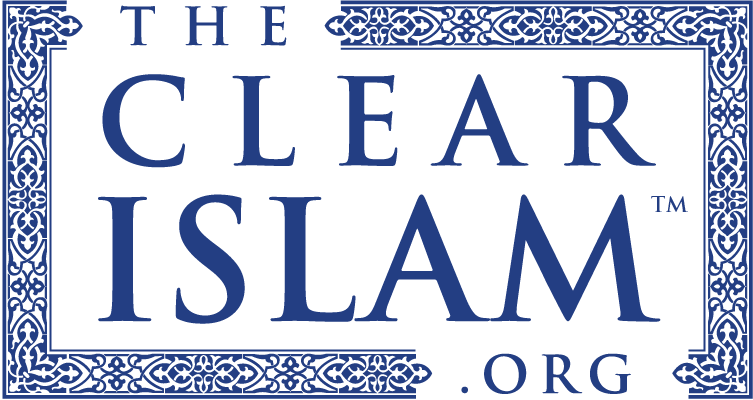For many non-Muslims, the mosque remains a place shrouded in mystery, often viewed from afar without a clear understanding of its significance and purpose. So, what exactly is a mosque, and what takes place inside this sacred space for Muslims?
A mosque, known as a “masjid” in Arabic, is a place of worship and community gatherings for followers of Islam. It serves as the central hub where Muslims come together to pray, seek spiritual guidance, and foster a sense of unity and brotherhood/sisterhood.
The architecture of mosques varies across different cultures and regions, but they often share common features. A typical mosque includes a prayer hall, often adorned with beautiful decorations and intricate designs. There might be a mihrab, a niche in the wall that indicates the direction of the Kaaba in Mecca, which Muslims face while praying. Additionally, many mosques have a minaret, a tall tower from which the call to prayer, known as the Adhan, is proclaimed.
Prayer lies at the heart of what happens inside a mosque. Muslims perform five daily prayers, known as Salah, and the mosque provides a dedicated space for these prayers. The congregation gathers, lines up in rows facing the Qibla (the direction of the Kaaba), and follows the Imam, the prayer leader, in performing the ritual prayers.
The act of prayer in Islam involves physical movements and recitations of verses from the Quran, Islam’s holy book. The Quran is often recited aloud during prayers, emphasizing the connection between worship and the teachings of Islam.
Aside from prayers, mosques also serve as centers for education and learning. Many mosques host classes and lectures on various aspects of Islam, including the Quran, Islamic history, ethics, and spirituality. This educational aspect fosters a deeper understanding of the faith and encourages continuous learning among the Muslim community.
Friday prayers, known as Jumu’ah, are especially significant in the mosque. This weekly congregational prayer is a time when Muslims from the community come together to listen to a sermon, reflect on Islamic teachings, and pray in unison. The Quran emphasizes the importance of congregational prayers and the unity of the Muslim community. In The Clear Quran®, God says in Chapter 62, verses 9-10, “O believers! When the call to prayer is made on Friday, then proceed diligently to the remembrance of God and leave off your business. That is best for you, if only you knew. Once the prayer is over, disperse throughout the land and seek the bounty of God. And remember God often so you may be successful” The Clear Quran®, 62:9-10.
In addition to Friday prayers, mosques also host special prayers during major events like Eid, which marks the end of Ramadhan and celebrates the annual pilgrimage, Hajj. Another significant function is the Janazah prayer, a communal prayer offered for the deceased, underscoring the mosque’s role in all aspects of a Muslim’s life, from birth to death.
Moreover, mosques play a vital role in fostering community cohesion. They serve as a gathering place for social and charitable activities. Muslims come together to celebrate religious festivals, share meals, and engage in acts of charity, fostering a sense of togetherness and support within the community.
For non-Muslims, mosques are not just places of worship for Muslims but also centers of hospitality and outreach. Non-Muslims are always welcome to visit a mosque, whether to observe prayers, attend open houses, or participate in guided tours. This is a wonderful opportunity to learn firsthand about Islamic practices, engage in meaningful dialogue, and gain a deeper understanding of the faith.
Mosques actively encourage interfaith dialogue and understanding, making them open and welcoming spaces for people of all backgrounds. Visitors are often surprised by the warmth and hospitality they experience, which helps demystify the practices and rituals observed by Muslims.
In summary, a mosque is a place of worship, education, community, and spiritual growth for Muslims. Inside its walls, prayers are offered, knowledge is shared, and bonds of fellowship are strengthened, reflecting the teachings of Islam on unity, worship, and community engagement.
For our latest news, and to stay up-to-date with The Clear Islam, follow us on social media:
Suggested Articles:


